
Small Groups.

Secured
Payments

Local Guides.

Easy Payments
About Tanzania
Tanzania is located on the eastern coast of Africa, surrounded by Kenya, Uganda, Rwanda,Burundi, Democratic Republic of Congo, Zambia, Malawi, and Mozambique, and boasting.Nearly 900 miles of spectacular coastline. Low plains along the coast rise to a central Plateau with highlands in the north and south.
Tanzania is a land of extremes. Mount Kilimanjaro, the highest mountain in Africa, is in Tanzania and the country is bordered by 3 of the largest lakes on the continent. The climate ranges from tropical along the coast to Temperate in the highlands. Mainland Tanzania ethnically is more than 95% Bantu, along with a small amount of other African peoples, Arabs, Asians, and Europeans. Zanzibar is mainly Arab, African, and mixed Arab-African.
Tanzanian Culture
In Tanzania there is an almost equal distribution of Christian, Muslim, and indigenousBeliefs, while Zanzibar is almost exclusively Muslim. Muslims are concentrated along the coast and in Zanzibar, and tend to dominate the culture in this area. Our placements aremainly in the area around Mbeya, where there are fewer Muslims, and this culture does not Predominate.
Basic Cultural Information of Tanzania.-You come with curiosity and a wish to meet a new culture, different ways of thinking,Speaking and interacting with the local people and their customs and cultures. There are some principles which help volunteers to enjoy a positive experience in Tanzania and avoid some possible misunderstandings which can occur in cross-cultural settings.
Culture and Culture Shock –When you enter a new environment where very little is familiar, you will probably beDisoriented at the start. This is “culture shock”. Experts suggest that there are four stages of culture shock:
Initial euphoria| Irritability and hostility|Gradual adjustment| Adaptation
Almost everyone experiences culture shock to some degree. It can be frustrating and Confusing. But you can take some positive steps to minimize the impact.
- Realize that this is normal and that you will live through it.
- Be open-minded and ready to learn. You will come to realize that there are different ways to do things and that’s okay.
- Research your new culture. You can begin today by reading up on the Tanzanian culture that you will be experiencing.
- Look for the reason behind the behaviors in the new culture that you find strange. With a little analysis, you may find that these different behaviors don’t seem so strange after all.
Above all, flexibility, humility and open-mindedness will be your most valuable assets. These are probably exactly the qualities that led you to volunteer in the first place, so it should not be difficult for you.
Start With us?
Some Basic Rules of Tanzanian Culture
First time in Tanzania.
Some Basic Rules of Tanzanian Culture
- Affection between men and women is seldom expressed in public. Public kissing, hugging, and hand-holding are offensive to most Tanzanians and a sign of low morals. But it is acceptable for two men or two women to walk hand in hand. This has nothing to do with sexual orientation; it is basically male (female) bonding and is not considered odd.
- Maintaining eye contact during conversations is not expected in an African context and many people become uncomfortable when you look them in the eye for a long time.
- East Africans love to formally greet each other, so be ready to shake a million hands!
- In most rural areas, punctuality is not too common, so be prepared to wait.
- Clothing is somewhat conservative. Men should not go bare-chested and shorts should be conservative. Women should avoid bare shoulders, halter-tops, and shorts. Ties and suits are not necessary except for special occasions.
- The dress codes can vary, depending on your area of placement. In many places, summer clothes are worn most of the year. Semi-formal wear or what is known as “business casual” (slacks and a shirt with a collar)will be acceptable in most places and for most purposes including volunteer work.
- You can wear jeans and t-shirts but we recommend clothes that are easy to wash – since most washing is done by hand, – jeans will be a bother to you in this regard.
- In some areas, shorts are rarely worn. If you wear some, khaki or walking shorts will be generally more acceptable.
- For official occasions, a shirt and tie worn with long trousers or a dress will do. Men should wear socks and both sexes should wear shoes during meetings and public events.
- The East African coast including the area around Dar es Salaam has a large Muslim population. Here, courtesy demands that women, outside their hotels, should dress modestly.
Legal Issues
- It is an offence to photograph heads of state, airports or strategic buildings, including military and power installations, and police officers in uniform. Photographs should not be taken of people without their consent.
- Destruction of local currency, even in small amounts, is illegal, and will result in arrest and penalty.
- Nudity is illegal under East African law; if you sunbathe topless you may be arrested.
- The penalty for possession of illegal drugs, including marijuana, is ten years imprisonment, with no option of a fine.
- Tanzanian law defines any sexual relations between men as a criminal act; the penalty is 5 to 14 years imprisonment.
One Week Language and Orientation Program.
You will follow some days orientation in Arusha, before your volunteer work starts. The program includes some lessons in the local language (mainly Swahili) and immerses participants in the culture of East Africa.
Below is a summary of our one-week language and culture course.
Don’t expect formal teaching.
Host Family
Some volunteers will live with host families during work, other stay in the volunteer house.
Many volunteers report that their home stay was the highlight of their visit to Tanzania. There is no better way to learn firsthand about life in a foreign country than by living among local people, participating in their lives. Friendships made while living with a family can last a lifetime.
Living Conditions
Tanzanian houses are simple. You will find a separate sleeping room and sometimes a separate living room. Especially in the villages the toilet is outside the main house. Many host families now have indoor plumbing and electricity. Normally, you will get a simple room with a bed, sometimes a shelf or a table and chair. It is possible that you must share your room with a host-brother or sister or another volunteer, although normally you will have a separate room. There is no need to bring a sleeping bag, unless you are going on safari. In that case, a comfortable sleeping bag is a must.
Local Tanzanian food is provided three times a day. Tanzanian foods include ugali – a porridge-like mash made from corn meal; chapatti – bread similar to a tortilla made from wheat flour; irio – a mash of corn, beans, greens and potatoes; and rice. Meat will be on the menu only once in a while. All-vegetarian meals will be easy to arrange for vegetarian volunteers.
Daily Life
As part of your host family’s household you should be open and try to help and involve yourself in tasks carried out “at home”. They are interested in showing you their way of life. You could learn how to cook or learn the Tanzanian way of doing daily tasks. You can help your family wash up and it is your responsibility to keep your room clean. Sometimes you might just watch TV or play cards with the whole family.
Younger family members are especially interested in learning more about your family and culture. Don’t forget to bring some pictures and tell something about your life. Perhaps you may even get the chance to cook and show how food is prepared in your country.
Many of the families have experience with volunteers and will give you all the necessary advice and support you need to feel comfortable. Some family members might speak English. In case you have any problems or you are not sure how to behave or what to do, feel free to ask them. Additionally, EXIS-AFRICA staff or staff of our partner organization will visit you from time to time. You can address any problems to the office by telephone or email.
Things to Consider
Moral values, religion and cultural issues in Tanzania can be very different from your home country. Sometimes you might think roles are outdated and nonsensical, but please try not to judge their way of life. You are here to learn and to be active as a volunteer. Women especially should be aware that their accepted position in Tanzanian society is not exactly equal to their position in western countries. Although the differences are sometimes minor and often blurred, especially in the cities, they do exist and are more noticeable in the coastal areas of East Africa. They should be taken note of to avoid unnecessary friction.
Rules for Volunteers in Host
- Family Please do not use alcohol or drugs in your host family’s home.
- Much of Tanzanian society is somewhat conservative by western standards; please dress modestly and avoid any dating or romantic activities in the host family’s home.
- Please do not use home facilities (TV, radio, VCR, bike etc) without permission.
- Always keep your door closed when you go out.
- Please clean your clothes and dishes yourself.
- Host families offer Tanzanian food three times a day. Host families do not serve volunteers separate exotic cuisine.
Passport / Visa / Arrival
Any traveller to Tanzania can stay on a tourist visa for 6 months, cost $50 US. You can get a tourist visa at the Tanzanian embassy in your country or at the Dar-es-Salaam International Airport upon arrival. We advise all participants to get a Tourist Visa before departure for Tanzania. You can download an application form from the following links:
DK (Det tanzanianske konsulat) www.tanzania-consulate.dk
FR (L’Ambassade de la Tanzanie) http://www.ambtanzanie.fr/index.php?newlang=french
UK (Tanzania High Commission) www.tanzania-online.gov.uk
HOW TO APPLY FOR A TOURIST VISA
Your passport and visa are your own responsibility.
The Tanzanian authorities do not always have a positive attitude toward foreign workers and volunteers! It is imperative that you do NOT say volunteer or work anywhere on your tourist visa application.
If you enter the country without a tourist visa, you can expect to queue for 2 hours or more at the airport. We advise all volunteers to apply for a tourist visa from their home country. On the Tourist application form:
Write, “none or N/A” on the application under: Address while in Tanzania, and: References in Tanzania. Do NOT write the local coordinator’s name or address. Please just state you will find a tourist hotel or youth hostel at the Dar Es Salaam Airport.
State only TOURIST visa, as if your whole stay in Tanzania is about sightseeing, going on Safari and shopping, shopping, shopping. Tourist money coming into a country’s economy is welcome everywhere, but developing countries are especially prone to thinking only about economics.
More bureaucracy from August 2012
The government of Tanzania now requires all volunteers to apply for the class “C” resident permit. *Volunteers need a tourist visa to enter Tanzania. Once in the country all volunteers must apply for a Volunteer Permit. As of 2012 this permit costs range from $250-$550 dollars depending on the program length. All participants in the Tanzania program must secure a permit to volunteer.
Your coordinator in Arusha will take care of the C-Permit at immigration service.
You will need to have the documents listed below plus $250 ready.
Required documents you must have with you:
- 5 passport-size photos
- Curriculum Vitae
- Copy of valid passport
Required documents you will be given by the coordinator:
- 2 application forms properly filled in.
- Registration certificate of workplace
- Application letter from the organization -Academic certificates -constitution of that organization.
VISA EXTENSIONS
Tanzanian single-entry visas are valid for six months. Multiple entry visas, valid for three months, are available at a cost of $60 US dollars. As long as your visa is valid, you can visit Uganda and Kenya and return to Tanzania without applying for a new visa. You will need a new visa if you are returning from any other country.
Road Conditions
Road traffic in Tanzania is on the left side, comfortably familiar for volunteers from England, but dangerously unfamiliar to other volunteers. Watch carefully for vehicles coming from the “wrong” direction! Beware of numerous potholes and rather narrow streets.
Transportation
Public transportation in the major cities is based on the popular mini-buses, called dala dalas. Larger buses run between cities and stop at the bus station. Dala dalas go when they are filled up with passengers and will stop to pick you up/drop you off wherever you like along the route. There is often a schedule, but after early morning runs they are often late. Dala dalas are cheap, depending on how far you go and time of day (most expensive during peak hours morning and afternoon).
There are several taxi companies in the cities also, as well as a lot of small one-car enterprises (any car parked with a wooden sign on the roof saying “taxi”). The private cars are cheapest, but in some areas of town and especially after dark, it is recommended to use one of the major companies.
Safety in Tanzania
Unlike many developing countries, Tanzania is a peaceful and safe country – the common phrase is “Tanzania hakuna matata”, meaning in Tanzania there is no problem. Millions of visitors travel to Tanzania every year. Isolated incidences of crime are reported mainly in the cities, but crime is rare in rural areas where you will be located.
Safety for Volunteers
Tanzania is a peaceful country. Most of the people are friendly, warm and helpful. However, to make your stay safer and more comfortable, we have developed certain guidelines. These guidelines were developed with your safety in mind, so please follow the guidelines for a safe and exciting trip. Please remember that every civil society has some unsociable elements. Tanzania is no exception.
- Please do not walk alone after dark. In case of emergencies, call your host family, the project leader, or the coordinator.
- Please do not drink alcohol with localpeople in restaurants.
- Please do not stay or travel alone in forests or isolated areas.
- Please do not join political demonstrations, discussions and groups. Please avoid any kind of demonstration.
- Please keep photocopies of all of your passports, visas, traveller’s checks and other important documents.
- Please avoid eating food from unknown sources.
- Please avoid developing romantic encounters and dating during the project period.
- Please call your host family, the project leader, or the coordinator if you require any kind of help. Inform your host family, the project leader, or the coordinator if you are feeling sick, have diarrhea or any other illness.
Travel Insurance Information
Contact info@maasailandexplorers.com for more information.
Medical Information
Be careful of sunburn. Tropical sun is extremely strong and can burn you very quickly. Always remember to wear sunglasses, sunscreen and a hat.
Don’t swim in freshwater lakes and estuaries. You can catch Schistomiasis. It is a parasite that bores into your foot and lives in your intestines. Also on the coast, watch out for dangerous rip-tides and strong currents. Sharks occasionally swim close to shore as well. If in doubt ask the locals if it is safe to swim.
We recommend you ask your doctor for advice about vaccinations. If you have any sort of allergy please let us know when you start the program so we can arrange the best placement for you.
Generally, the following vaccinations are recommended:
Yellow fever: If you travel outside of urban areas. Mosquito-borne illness.
Tetanus: Given as a routine childhood vaccine in Europe. Just check that you are up to date.
Diphtheria: Often now given with tetanus in the same shot.
Hepatitis A: Risk from unsanitary food or water.
Typhoid: Water-borne disease which can cause high fever.
Malaria is a definite problem in East Africa. You will need to take anti-malaria tablets to avoid becoming ill. There are several types of medications that are effective in Tanzania, including atovaquone/proguanil, doxycycline, mefloquine, or primaquine (in special circumstances).
You should find out from your doctor which type of medication is suitable for you. Aside from the tablets, you should avoid being bitten as much as possible by using repellent and sleeping under a mosquito net, mosquito coils, etc. These are readily available and cheap in Tanzania. Should you come down with malaria despite precautions, effective medical support is available nearby?
Health and Safety
The most common health complaint in any developing nation is upset stomach/diarrhea/vomiting. In many cases the illness may be attributed merely to a change in diet, but occasional cases of food poisoning can occur. The symptoms appear very quickly, severely and explosively. These are seldom serious or extended illnesses, but medical treatment should be sought if they occur.
Tap water cannot be considered safe to drink anywhere in Tanzania, and so only bottled, boiled, filtered or iodine-treated water should be drunk. Once again it is worth remembering that this applies equally when drinking and cleaning teeth.
Our host families fill up water bottles each morning with boiled water (often freshly boiled) and there are taps on site if you need more and have iodine to treat it with. Encouraging everyone to drink plenty of water is a priority because sweat dehydrates much sooner than you might imagine.
Hygienic Precautions
Hygienic conditions in Tanzania are not what you are used to. You should therefore be aware of the following:
- Don’t drink water from the tap.
- Don’t use ice cubes made from tap water!
- Don’t use water from the tap to brush your teeth.
- Only drink/use water that comes in sealed bottles or that was boiled previously.
- Don’t eat/drink dairy products that have not been pasteurized.
- Don’t eat anything that was not cooked, fried or peeled.
Even if you follow these rules you may still get diarrhea at some point. It generally lasts for 2 – 3 days and is not serious. You should, however, drink lots of water (from sealed bottles) during these days and avoid spicy foods.
Money
Tanzanian currency is called the Tanzanian shilling, which has 100 Tanzanian cents (not to be confused with British shillings or American cents!). Major tourist areas and hotels will take many different kinds of credit cards, but you will probably avoid expensive places that cater to tourists. Visa is usually accepted, but volunteers have reported problems when they tried to use MasterCard. Travellers’ checks are safer, but may be difficult to change outside of the cities. Cash can be changed easily at the airport and at banks. Avoid street vendors who offer to change your cash; many will not give you a decent exchange rate.
Climate
Tanzania enjoys a tropical climate. It is hot and humid on the coast, temperate in the highlands. There is plenty of sunshine all the year round and summer clothes are worn throughout the year. However, it is usually cool at night and early in the morning.
There are two rainy seasons in warm and humid (often hot) Tanzania. Lighter rain falls in March to June, while heavy downpours and storms occur in November to January.
Packing List:
Passport and Documents
Volunteers must have a valid passport and necessary documents while traveling in Tanzania. You should carry some passport size photos if you wish to obtain a visa extension or a multiple-entry visa (to travel to nearby Kenya and return).
Medicine
If you are under medication, please do not forget to pack enough medicine for your entire trip; your brands of medicines may not be available in Tanzania.
Footwear
Most rural roads in Tanzania are not paved and may become muddy. Normal leather shoes or tennis shoes, which can be brushed off or wiped off, are appropriate for working in the placements. You will want light comfortable footwear for evening walks and other leisure activities. Please bring sturdy hiking shoes or boots if you are going on safari.
Clothes
Clothing and dress in Tanzania varies from region to region. In many tourist areas, western dress is very common and acceptable. Along the coast Tanzanians are more conservative and western fashion is not as acceptable. Therefore, we advise volunteers to be aware of appropriate dress if they travel to the coastal areas. See the earlier section above on acceptable clothing.
No matter how hot it is, volunteers are advised not to wear sleeveless shirts, halter tops or tiny shorts in public areas and even while staying among community people. Rural Tanzanians feel comfortable with long pants. Women are always encouraged to wear bras and refrain from dressing in a way to reveal cleavage. Topless sunbathing among women is illegal in Tanzania.
Mosquito net
Malaria is a problem in many parts of Africa, including Tanzania. Therefore, to reduce the problem of mosquito bites, volunteers are requested to come with a mosquito net or buy one locally, even if they are taking anti-malarial medication.
Insect repellent
Do not forget to bring insect repellent, and use it often to reduce the possibility of mosquito-borne illness.
Other
Please do not forget to pack a torch (flashlight), camera, film and other necessities. If you want to keep a diary, it is wise to bring your own pens and pencils. Bring a raincoat during the rainy season.
Safari
If you choose to go on safari while you are in Tanzania you should bring a sleeping bag, hiking shoes and a light rain coat/jacket besides the other items mentioned above.
Recommended Reading
Globetrotter Travel Guide: Tanzania by Graham Mercer
Spectrum Guide to Tanzania
The Safari Companion by Richard Estes
The Rough Guide to Tanzania by Jens Finke
Insight Guides: Tanzania & Zanzibar by Melissa Shales
Lonely Planet Tanzania by Mary Fitzpatrick
Miscellaneous Links
http://www.lonelyplanet.com/destinations/africa/tanzania/
http://www.mapzones.com/world/africa/tanzania/lifeindex.php
And last…………
We wish you a wonderful stay with us in Tanzania.
Thanks once more for joining our program.
MAASAI LAND EXPLORER
P.O.BOX 275, Arusha, Tanzania
+255 655 707 352
Web; www.maasailandexplorers.com
Email; info@maasailandexplorers.com
Our Happy Clients!
Our Tanzania trip was fabulous. Spotting the Tree-climbing lions and Black Rhino was unforgettable. Thanks for fulfilling our dreams. We’ll be back soon!
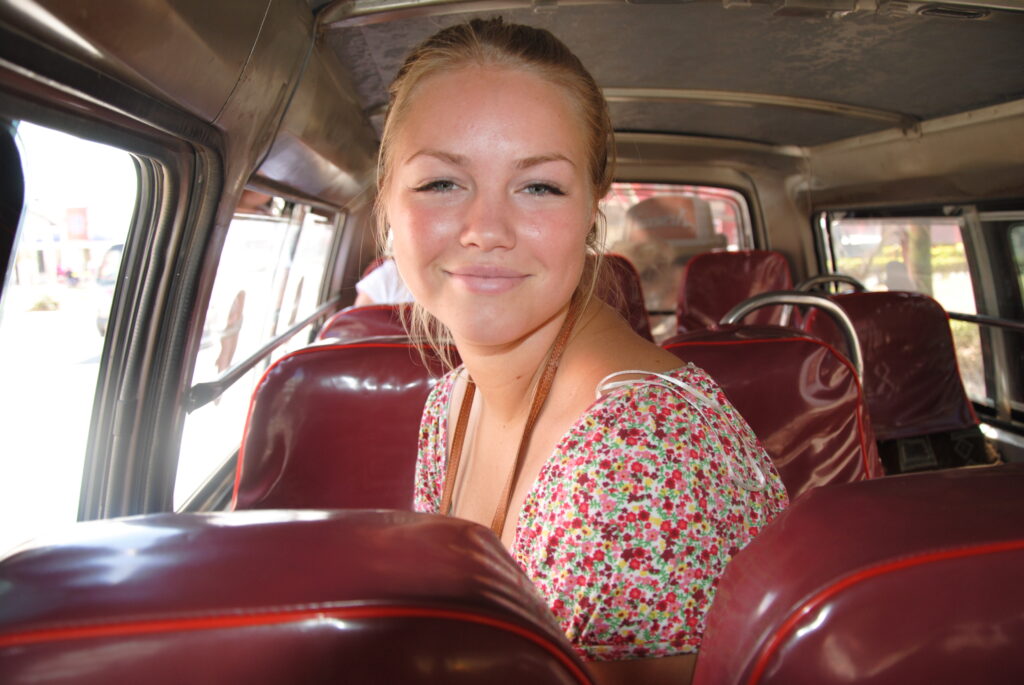
Clara Smith
Thank you, Maasai Land Wonders Team, for your exceptional care during my 3 Months Volunteering program. A thousand thanks for an unforgettable experience.
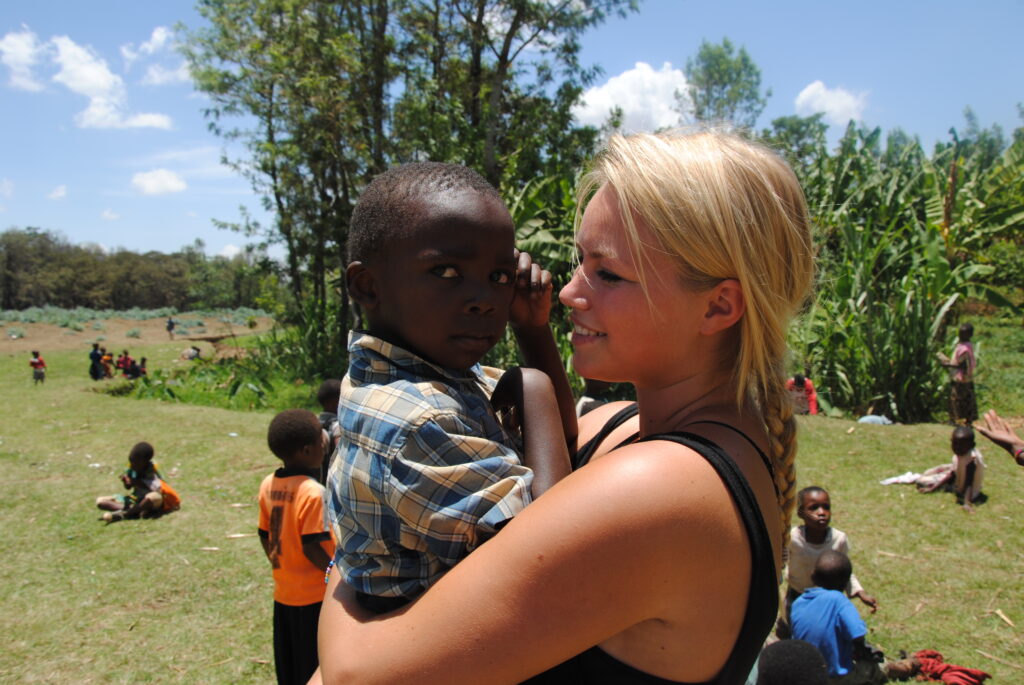
Shelly Barns
Thank you, Edwin and your team, for an amazing 7-day trip. Your personal care and dedication made it unforgettable. 1000 thanks!
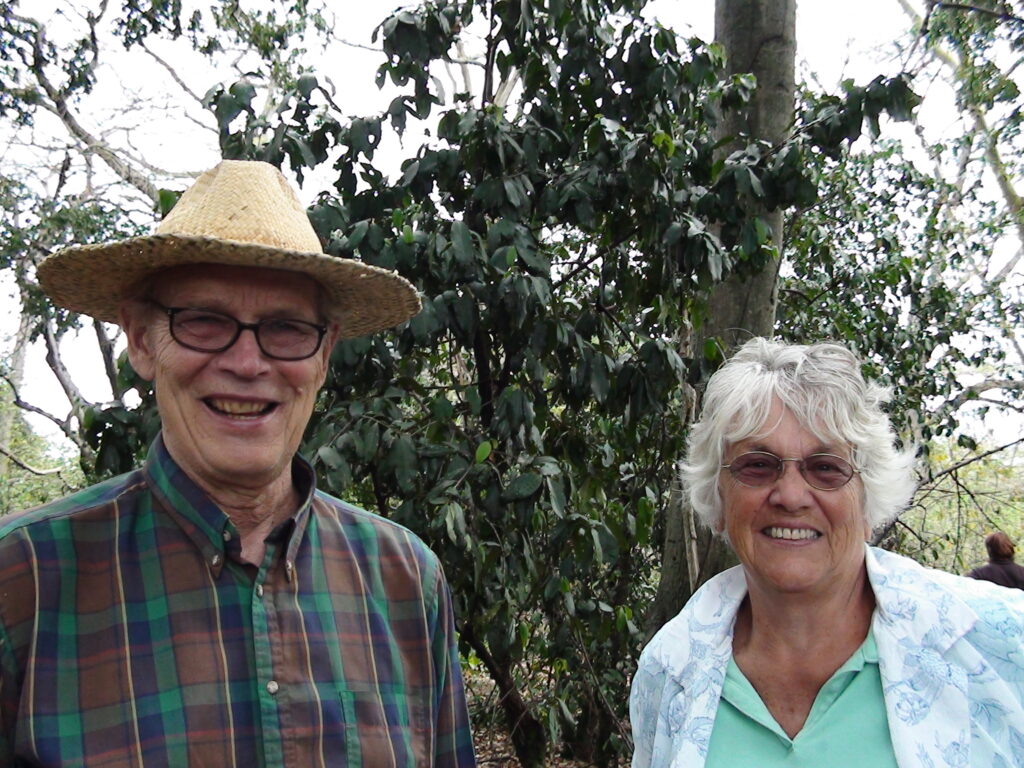
Jacob Luke
Contact us, We're at your Service.
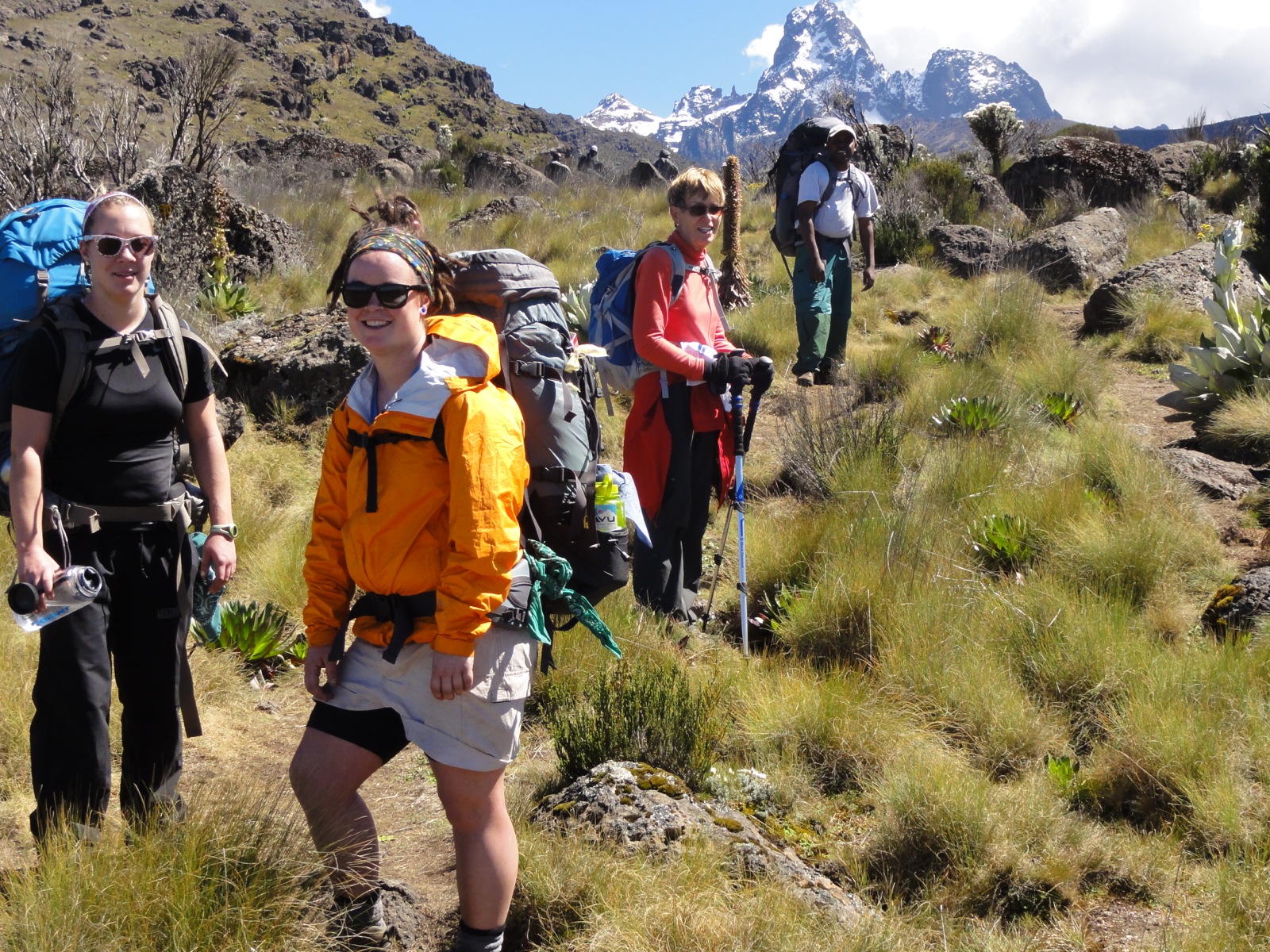
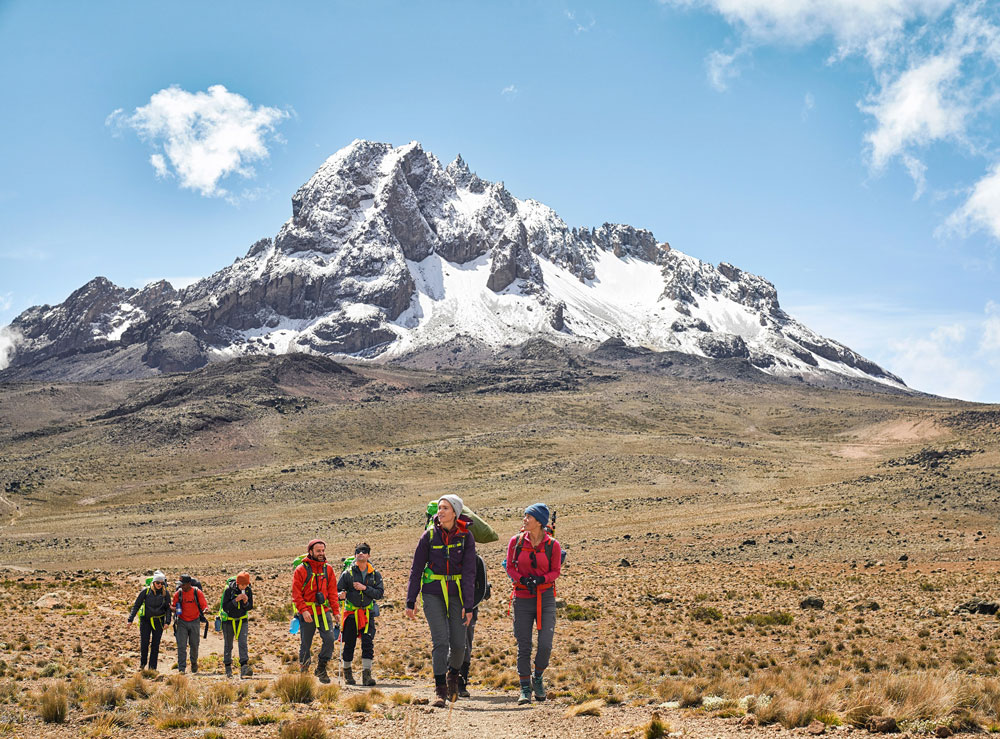
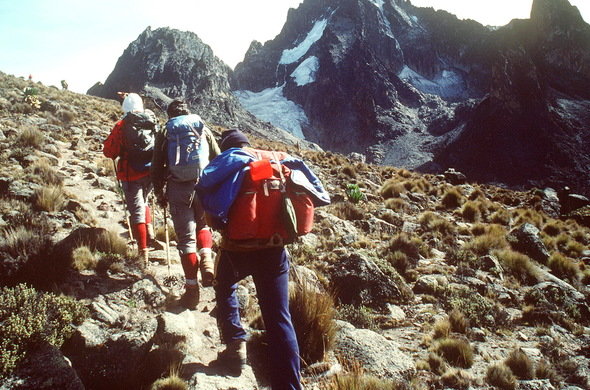
Trusted by:

